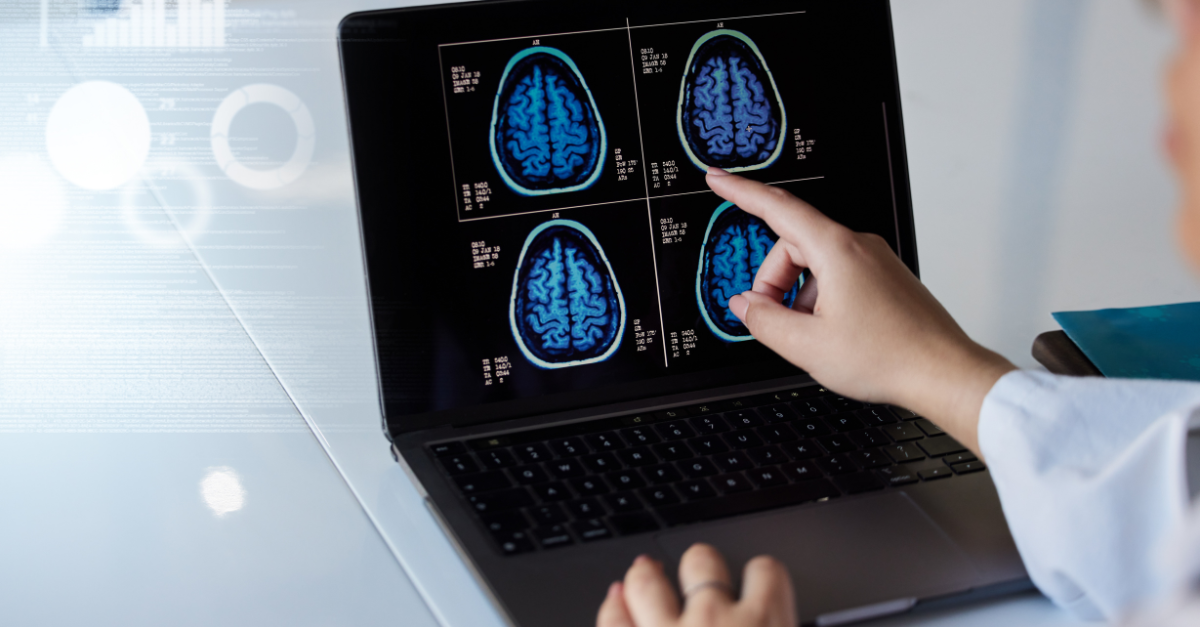Neurological Restoration: PCT Panama’s Approach to Brain and Spine Health
Neurological conditions—spanning stroke aftermath, Parkinson’s disease, multiple sclerosis, and spinal cord injuries—can drastically limit independence and life quality. While traditional approaches often target symptoms or slow progression, PCT Panama aims for a deeper impact by leveraging innovative regenerative therapies. By combining cellular interventions with time-tested neurological rehabilitation, the clinic addresses both the functional deficits and the underlying neuronal challenges. Patients weary of stagnant routines or insufficient relief discover a possibility for meaningful recovery. Whether it’s reclaiming limb mobility after a stroke or managing tremors more effectively in Parkinson’s, PCT Panama’s holistic perspective underscores the potential for renewed vitality in neurological care.
One key pillar of this approach is accurate diagnosis. Neurological disorders manifest in diverse ways, so the team conducts thorough imaging—like MRI scans—and specialized tests. By pinpointing lesion sites, neurotransmitter imbalances, or patterns of demyelination, PCT Panama tailors each protocol precisely. This personalized framework stands in contrast to generalized treatments that offer uniform solutions for widely varying conditions. Patients experience relief knowing their therapy is rooted in validated data, not guesswork. Clear communication about findings, expected outcomes, and potential side effects also fosters trust, laying the groundwork for strong practitioner-patient collaboration throughout the healing journey.
Regenerative therapies often revolve around administering specialized cells that might reduce inflammatory signals, rebuild damaged neural pathways, or support healthy nerve conduction. Stroke survivors, for instance, may benefit from improved microcirculation in injured brain regions, fostering partial restoration of motor or speech functions. Individuals with progressive illnesses like multiple sclerosis could observe fewer, less severe relapses. While not a miracle cure, these interventions symbolize a leap from symptom-masking to neurological restoration. By addressing root pathology, PCT Panama encourages a shift from coping mechanisms to genuine functional gains. The bridging of conventional neurology and cellular biology shapes an evolving frontier in patient care.
Beyond the core interventions, the clinic accentuates rehabilitation as a catalyst for neurological improvements. Physical or occupational therapies guide the rewiring of neural circuits, especially in stroke or spinal cord cases. Meanwhile, speech and cognitive therapies can sharpen memory, focus, or language skills for patients with degenerative conditions. By reinforcing emerging neural connections, these sessions reinforce the healing impetus sparked by regenerative treatments. Thus, PCT Panama merges advanced science with practical therapies—a two-pronged tactic maximizing each procedure’s long-term value. The synergy ensures that any progress in nerve regeneration finds real-world application in movements, daily tasks, or communication abilities.
Emotional support also holds prominence. Neurological conditions often trigger frustration, depression, or anxiety, as patients grapple with shifting independence and uncertain futures. PCT Panama’s integrated model includes psychological counseling or peer support avenues, ensuring that mental health parallels physical recovery. By maintaining hope and resilience, individuals engage more fully with therapy routines, fueling consistent progress. Family involvement is likewise encouraged: educating loved ones on how best to support the patient fosters a more empathetic home environment. This holistic approach resonates with those who see healing as a blend of emotional, social, and biological domains.
Financial factors influence many decisions about advanced care. PCT Panama addresses these concerns through honest discussions about costs relative to ongoing medication regimens, potential surgeries, or long-term assisted living. For many, the prospect of regaining independence or mobility can outweigh initial expenses. The clinic provides structured treatment plans, clarifying both immediate fees and subsequent follow-ups. This transparency allows patients to weigh outcomes—improved function, possibly less reliance on daily medication—against the financial commitment. While each case is unique, many find that investing in cutting-edge regenerative solutions yields life-enhancing returns not easily matched by standard treatments alone.
Furthermore, PCT Panama emphasizes a dynamic research culture. The medical team tracks developments in stem cell therapy, immunomodulation, and neural regeneration, adapting protocols as scientific breakthroughs emerge. This commitment to continuous improvement ensures the clinic’s neurological services remain at the forefront. Patients benefit from evidence-based practices, with new techniques integrated swiftly once validated by clinical trials. Over time, this approach has led to incremental but steady improvements in how conditions like MS or spinal cord damage are managed. This environment of innovation reflects PCT Panama’s driving vision: bridging science and compassion to uplift neurological care standards.
In conclusion, PCT Panama’s neurological services offer more than a bandage on debilitating conditions—they ignite a proactive pursuit of restoration. By diagnosing intricately, utilizing regenerative options, and weaving in rehabilitation, the clinic targets not just how the brain or spine deteriorated, but how it can recover. Emotional support and transparent cost discussions further polish the patient experience, ensuring thorough preparation and realistic optimism. Whether someone is recovering from a stroke, confronting Parkinson’s stiffness, or living with a degenerative disorder, the message is one of potential: where advanced science meets empathetic care, neurological resilience can flourish, reshaping life’s possibilities.


